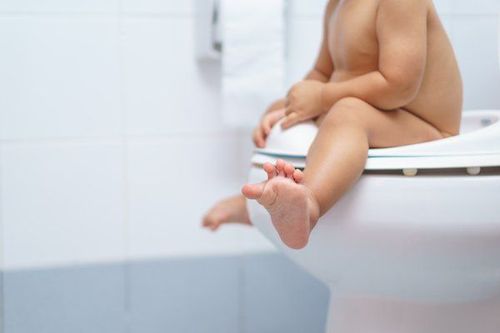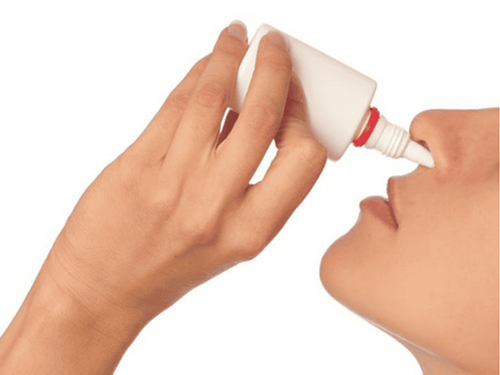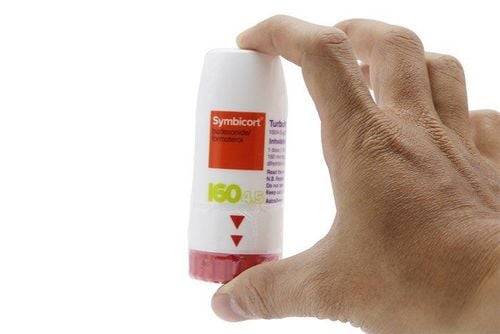The article was professionally consulted by Master, Doctor Nguyen Cong Canh, Head of Pediatrics - Neonatology Department, Vinmec Da Nang International General Hospital
Hand, foot and mouth disease in children is very common and contagious. The disease can heal itself after 5 - 7 days. However, if not treated properly, hand, foot and mouth disease in children can cause many dangerous complications and even death. Many parents wonder when their child needs to be hospitalized for hand, foot and mouth disease? In the article below, learn about hand, foot and mouth disease in children as well as the signs of the disease in the severe stage that parents need to pay attention to.
1. Symptoms of hand, foot and mouth disease in children
Hand, foot and mouth disease (abbreviated as HFMD) is caused by acute viruses Coxsackievirus A16 and Enterovirus 71. Hand, foot and mouth disease in children can be easily transmitted through the digestive tract or direct contact with secretions from blisters, feces, saliva or nasal secretions.
The disease can occur at any age but is most common in children under 10 years old. In Vietnam, hand, foot and mouth disease can appear at any time of the year. In particular, the number of children infected with hand, foot and mouth disease tends to increase significantly from March to May and September to December.
Children with HFMD in the early stages will have symptoms such as fever, fatigue, mild sore throat, poor appetite... However, these symptoms are easily confused with bullous dermatitis caused by bacterial, viral infections or chickenpox.
In the first 1-2 days of hand, foot and mouth disease, children will have pink rashes with a diameter of a few mm, appearing on the skin surface. These rashes will then turn into blisters. Ulcers inside the mouth, on the tip of the tongue, palate, and gums can become ulcerated, causing pain when swallowing. Parents need to pay special attention so as not to confuse it with common mouth ulcers. In addition, ulcers can also appear on the palms, soles, buttocks, or genitals of children.
2. Signs that children have severe hand, foot and mouth disease and need hospitalization
Hand, foot and mouth disease in children can cause many dangerous complications, even leading to death if not treated promptly. However, many parents wonder when their children with hand, foot and mouth disease need to be hospitalized?
When seeing that their children have hand, foot and mouth disease, parents need to take their children to the doctor as soon as possible to determine the severity of the disease and provide the most appropriate treatment regimen. In addition, parents also need to pay attention to the following symptoms of severe hand, foot and mouth disease:
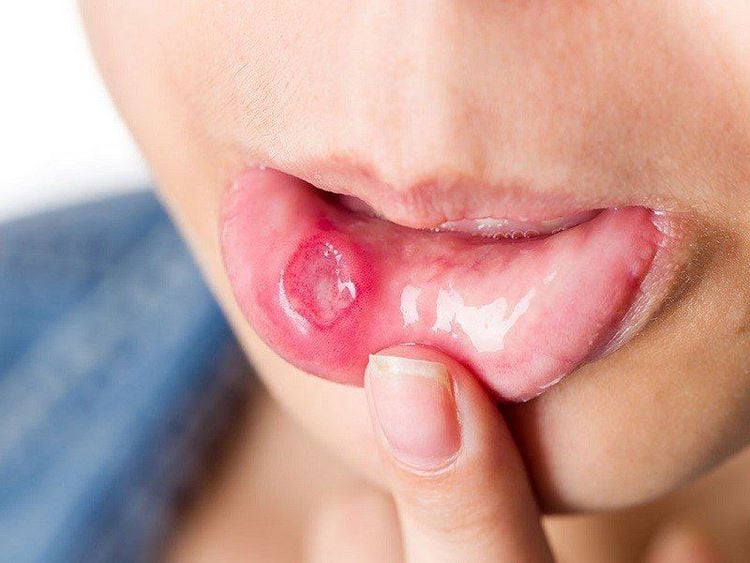
Constant crying
When suffering from hand, foot and mouth disease, children may cry all night or wake up every 15-20 minutes and cry continuously. Many parents think that their children cry because of the pain caused by mouth sores. But in fact, this is a warning sign of early neurotoxicity.
High fever that does not cool down
When hand, foot and mouth disease in children becomes severe, the child may have a fever of over 38.5 degrees Celsius for more than 48 hours and does not respond to paracetamol. This warns of a very strong level of inflammation in the child's body leading to neurotoxicity. At that time, the child needs a special fever-reducing medicine containing Ibuprofen as prescribed by the doctor.
Often startled
This is a warning sign of neurotoxicity. Parents need to pay attention to how often their child is startled, even when they are playing.
If they see one of the three symptoms above, parents need to take their child to a reputable medical facility for timely treatment.
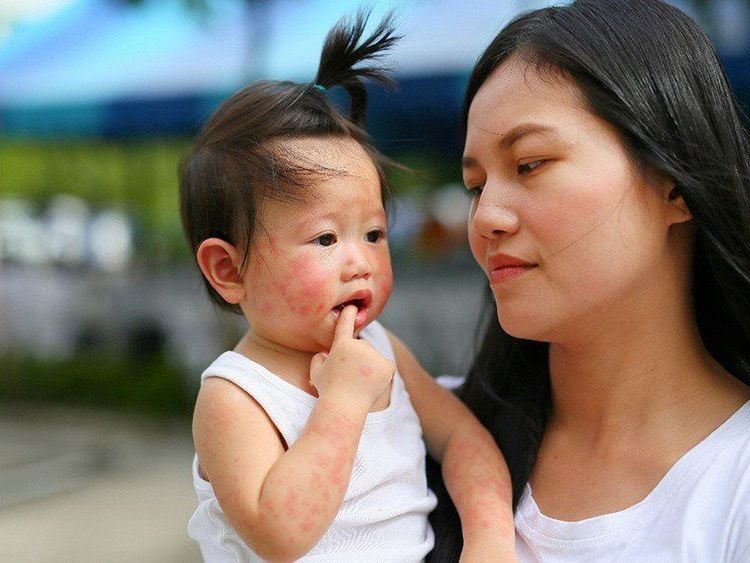
3. Measures to prevent hand, foot and mouth disease in young children
Regularly wash your hands with soap under running water, especially before eating, feeding children, preparing food, before holding children, after going to the toilet, after cleaning and changing diapers for children.
- Eat hygienically, eat cooked food, and drink boiled water.
- Make sure eating utensils are washed clean, preferably soaked in boiling water before use.
- Ensure clean water sources in daily activities.
- Do not chew or mouth feed food to children.
- Do not let children eat with their hands, suck their fingers, or suck on toys.
- Do not let children share handkerchiefs, tissues, eating utensils such as cups, bowls, spoons, plates, bowls, toys, etc.
- Regularly clean the surfaces of daily contact objects such as school supplies, toys, stair handrails, doorknobs, floors, table/chair surfaces, etc. with common detergents.
- Isolate children from people who are sick or suspected of having hand, foot and mouth disease.
- During the first 10 - 14 days of oral infection, parents need to isolate their children at home, not letting them go to school or crowded places.
The Pediatrics Department at Vinmec International General Hospital system is the address to receive and examine diseases that infants and young children are susceptible to: Viral fever, bacterial fever, otitis media, pneumonia in children, etc. With modern equipment, sterile space, minimizing the impact as well as the risk of spreading the disease. Along with that is the dedication of experienced doctors with pediatric patients, making examination no longer a concern for parents.
Please dial HOTLINE for more information or register for an appointment HERE. Download MyVinmec app to make appointments faster and to manage your bookings easily.






